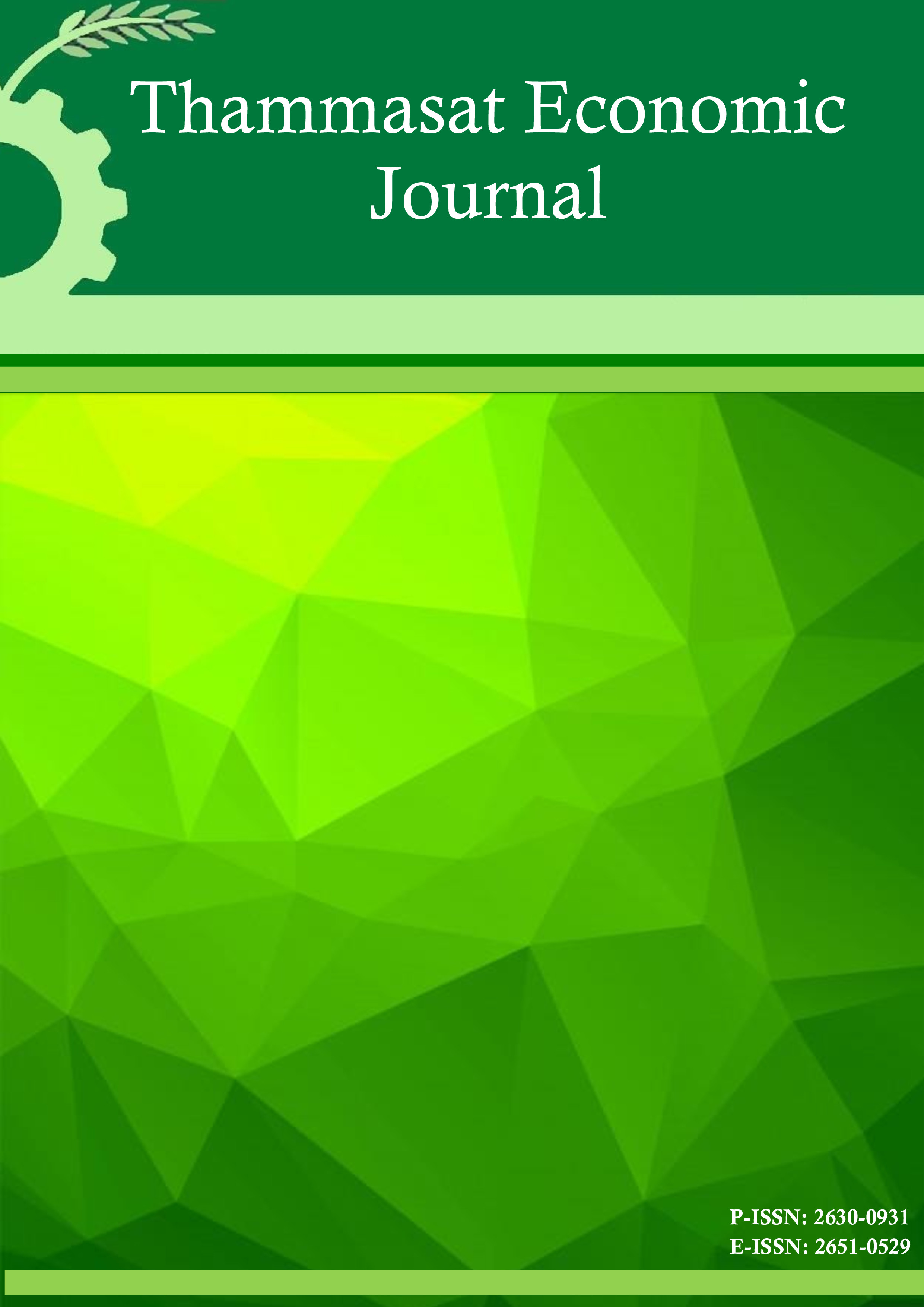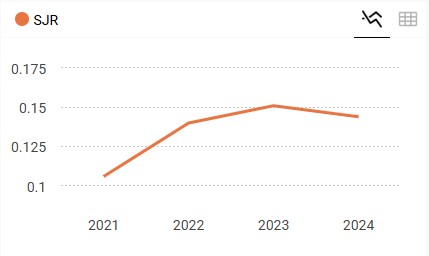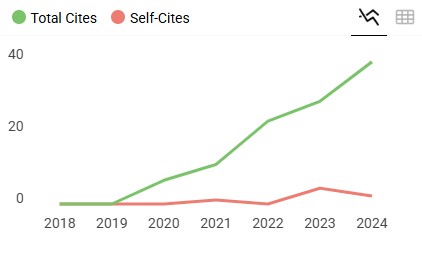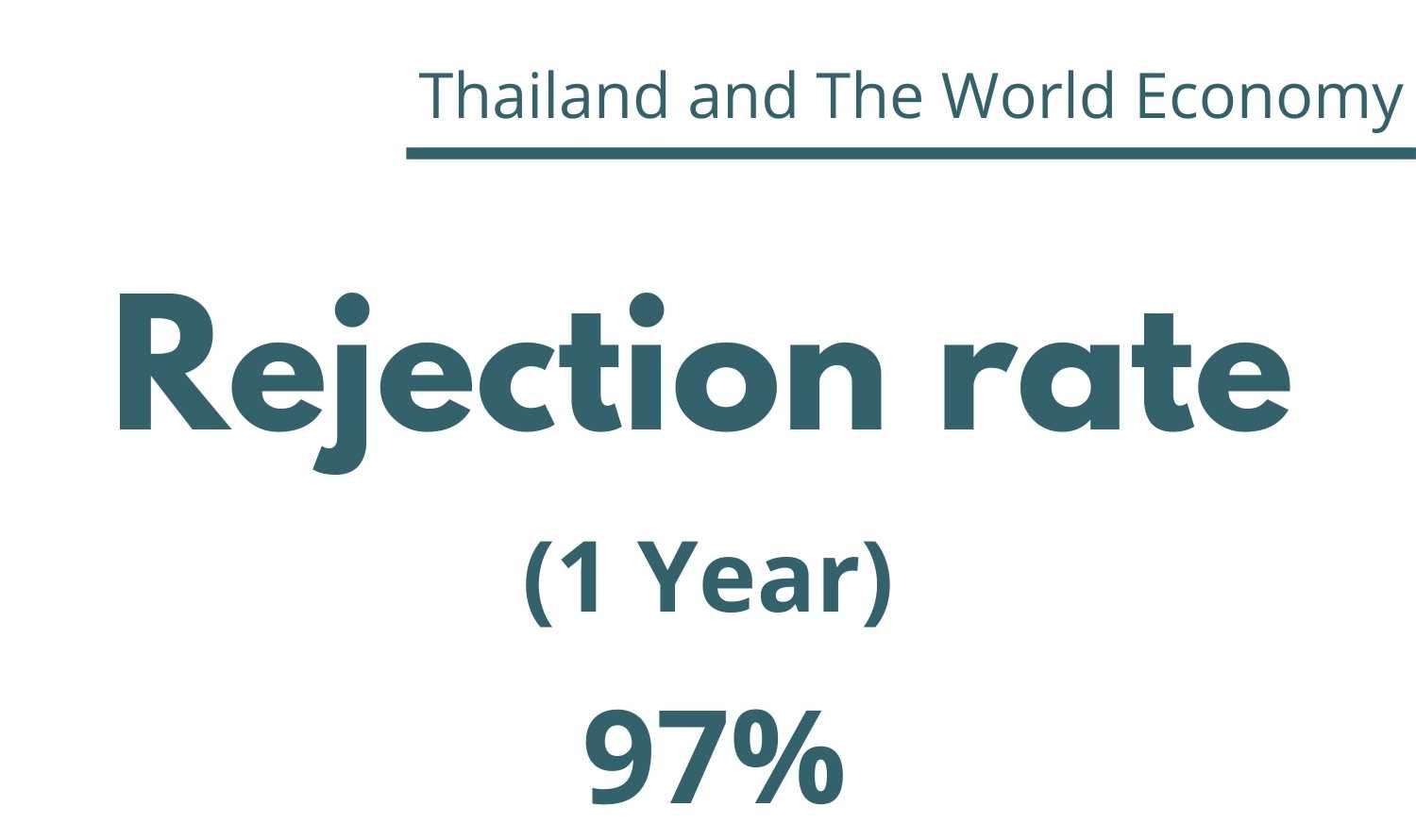Demand for Gasohol and Pricing Policy in Thailand
Keywords:
gasohol demand, price elasticity of gasoholAbstract
Thailand’s gasohol market has grown from 2.6 million liters in 2003 to approximately 4,383 million liters in 2010. Whether a pricing policy, among other demand stimulating measures, does actually play an important role in boosting gasohol demand is evaluated. This paper estimates gasohol and gasoline demand. Price elasticity of gasohol demand with its price structure is then used to examine the effectiveness of price and tax measures. The study finds that gasohol is price inelastic in the short run; that is, price and tax measures have limited impact on increasing gasohol consumption in the short term. Therefore, together with the pricing policy, other measures such as mandate of gasohol use, E85 market penetration and boosting consumers’ confidence must be conducted along to further raise the gasohol consumption.
References
2. Alves, Denisard C.O. and Bueno, Rodrigo De Losso da Silveira. (2003) Short-Run, Long-run and Cross Elasticities of Gasoline Demand in Brazil, Energy Economics, 25, pp.191-199.
3. Anderson, S. T. (2006) The Demand for E85 Ethanol, Research report. University of California Energy Institute. Available at https://www.ucei.berkeley.edu/gasoilmarkets/Papers/2-Anderson.pdf (accessed 21 July 2009).
4. Banaszak, Sara et al. (1999) Demand for Ground Transportation Fuel and Pricing Policy in Asian Tigers: A Comparative Study of Korea and Taiwan, Energy Journal, 20(2), pp.145-165.
5. Bentzen, J. (1994) An Empirical Analysis of Gasoline Demand in Denmark Using Co Integration Techniques, Energy Economics, 16, pp.139-143.
6. Department of Alternative Energy Development and Efficiency (DEDE), Ministry of Energy. (2005) Ethanol Policy and Strategies, Powerpoint presentation (in Thai). 1 December 2005. Rama Gardens Hotel, Bangkok.
7. Department of Alternative Energy Development and Efficiency (DEDE), Ministry of Energy. (2009) Notification of Department of Alternative Energy Development and Efficiency, re: Guideline for FFV Import Duty Reduction Application 2009 (in Thai).
8. Department of Alternative Energy Development and Efficiency (DEDE), Ministry of Energy. (2010) Ethanol and Biodiesel Situation in Thailand, Powerpoint presentation (in Thai). 25 August 2010.
9. Department of Alternative Energy Development and Efficiency (DEDE), Ministry of Energy. Ethanol (in Thai). Available at https://www.dede.go.th/dede/index.php?option=com_ content&view=article&id=886%3A2010-10-15-09-18-18&catid=61%3A2010-04-06-09-22-58&Itemid=68&lang=en (accessed 8 February 2011).
10. Department of Alternative Energy Development and Efficiency (DEDE), Ministry of Energy. Share of Final Energy by Sector 2009. Available at https://www.eppo.go.th/info/ 1summary_ stat.htm (accessed 8 February 2011)
11. Department of Energy Business (DOEB), Ministry of Energy. Statistics. Available at https://www.doeb.go.th/information/information.htm (accessed 8 February 2011)
12. Eltony, M N and Al-Multairi, N H. (1995) Demand for Gasoline in Kuwait, Energy Economics, 17, pp.249-253. Energy Conservation Promotion Act B.E.2535 (1992).
13. Energy Policy and Planning Office (EPPO), Ministry of Energy. (2003) National Energy Strategies, Thailand Energy Policy and Measures 2003 (in Thai). Bangkok: Energy Policy and Planning Office. Available at https://www.eppo.go.th/doc/report-2546/4-strategies.html (accessed 30 June 2009)
14. Energy Policy and Planning Office (EPPO), Ministry of Energy. 2004. Oil Fund (in Thai). Available at https://www.eppo.go.th/petro/oilfund.html (accessed 25 October 2009).
15. Energy Policy and Planning Office (EPPO), Ministry of Energy. Energy Database. Available at https://www.eppo.go.th/info/index.html Gujarati, D. N. (2003): Basic Econometrics (Singapore: McGraw-Hill).
16. Luchansky, M. S. and Monks, J. (2009) Supply and Demand Elasticities in the U.S. Ethanol Fuel Market, Energy Economics, 31, pp.403-410.
17. Ministry of Finance (2007): Notification of the Ministry of Finance of the Kingdom of Thailand, re: Excise Tax Rate Reduction (No.80) (in Thai).
18. Ministry of Finance (2011): Notification of the Ministry of Finance of the Kingdom of Thailand, re: Excise Tax Rate Reduction (No.87) (in Thai).
19. Ministry of Finance (2011): Notification of the Ministry of Finance of the Kingdom of Thailand, re: Import Duty Reduction and Exemption (No.19) (in Thai).
20. Ministry of Transport (2009): Fuel Consumption in Transport Sector by Transport Mode, 2000-2009 (in Thai). Available at https://vigportal.mot.go.th/portal/site/PortalMOT/stat/index20URL/ (accessed 8 February 2011).
21. Ramanathan, R. (1999) Short- and Long-Run Elasticities of Gasoline Demand in India: An Empirical Analysis Using Cointegration Techniques, Energy Economics, 21, pp.321-330.
22. Rask, K. N. (1998) Clean Air and Renewable Fuels: the Market for Fuel Ethanol in the US from 1984 to 1993, Energy Economics, 20, pp.325-345.
23. Standing Committee on Energy, House of Representatives, National Assembly of Thailand. (2004) Renewable Energy in Thailand: Ethanol and Biodiesel. Translated from Thai by Alternative Energy Development and Efficiency Department, Ministry of Energy (Bangkok: Plan Printing).










